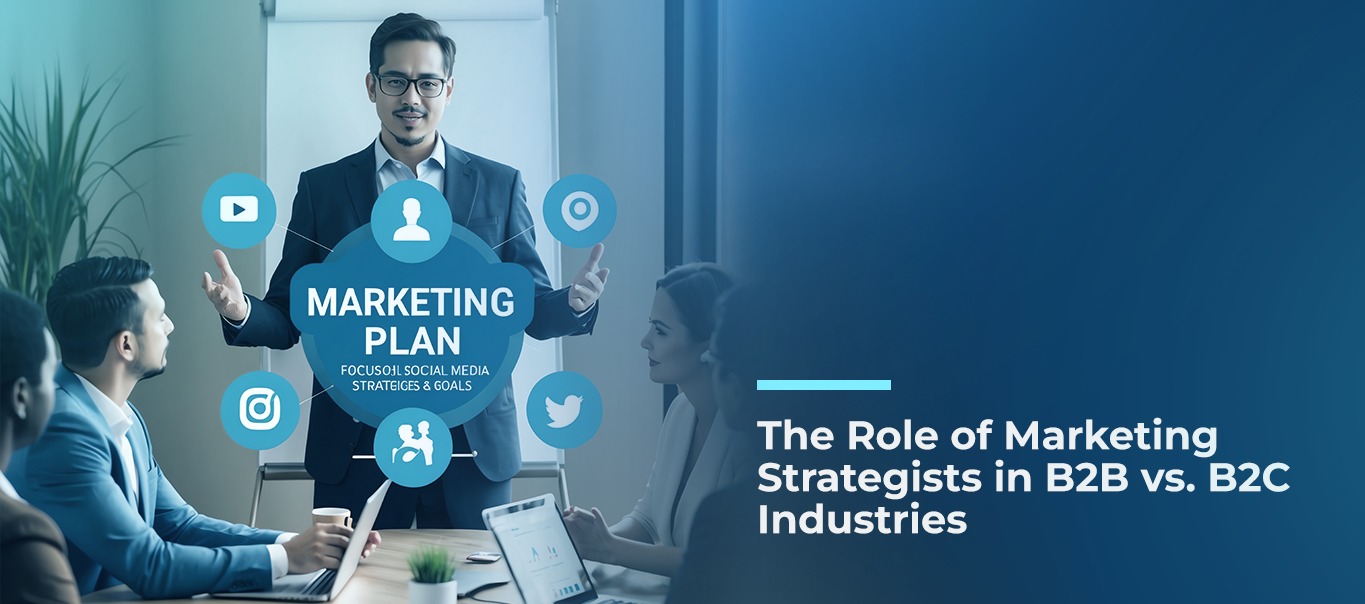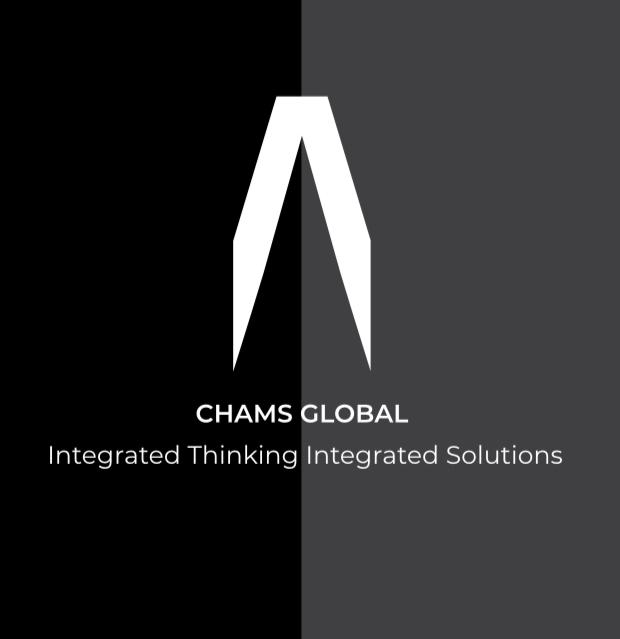When it comes to marketing and its classification the difference between B2B (Business-to-Business) marketing and B2C (Business-to-Consumer) marketing is far more than just additional letters. It takes you through how the strategies are developed, how the audiences are approached and what propels a campaign. Whether one is focusing on a specialized B2B market or going straight to consumers in B2C, there is nothing more essential in the state than a Marketing Strategist in Kerala aware of the state’s economic dynamics.
But in cases where the task goes beyond just marketing to total business development and management, this is where a Business Strategist in Kerala becomes equally significant. The combination of operating traditional industries in Kerala and the new generation industries to carry out business operations necessitate not only advanced techniques in marketing the business but also proper business direction, a role that business strategists play perfectly.
1. Audience Understanding and Segmentation
B2B Marketing Strategists: While in B2B marketing the target market might be smaller it is a more definite or niche market. Unlike consumer targeting that is a guessing game or shots in the dark ‘B2B targeting is directed at decision-makers including senior executives or business owners whose buying decisions are less influenced by innovativeness, emotion, or desperation, but rationality and value creation in the long run. Understanding the industry especially where the potential clients are experiencing some pains is very essential. B2B strategists are focused on persuasive communications built around the principal appealing to the self-interest of the potential buyer.
B2C Marketing Strategists: In contrast, B2C marketing is done to a highly heterogeneous population of consumers in the business world. Here it is possible to distinguish consumers based on demographic characteristics, behavioral and preferences. The B2C consumers are more inclined to make decisions based on their feelings, wants, and needs, this is why the message must be likable and convincing and at times even fun. From social media campaigns, working with influencers or simply running advertisements, it always deals with personal needs and wants.
2. Sales Cycles and Decision-Making
B2B Marketing Strategists: Some of the differences that can be apprehended in the B2B sales cycle are that they are longer than B2C sales cycles. B2B buying decisions are a complex process, where many participants, and much effort and validation is needed. Thus, B2B builds relation strategies while the role of a B2B strategist is more about managing leads in the long run. This means offering reports such as whitepapers, online seminars, case studies and direct mails in the form of newsletters. The goal is not to make the sale today but to cultivate relationships and make sure that everybody is going to be able to sustain themselves in the long run.
B2C Marketing Strategists: B2C marketing, on the other hand, is generally considered as more of a one-time oriented sale and as such the marketing process is shorter. Consumers’ buying behavior is typically unplanned or based upon the needs of the hour. B2C strategists extended all efforts to make the buyer’s journey less complex while including coupons, discount and one-click shopping buttons at the buffets. Their strategy is to use the consumer’s emotions and create a bond with him while focusing on reintroducing the product and influencing the consumer to buy it again and again.
3. Content and Messaging
B2B Marketing Strategists: The key difference between B2C and B2B content is that the latter is more often technical and informative. Here, strategists focus on the thought processes and positioning and the content used to tackle issues, solve problems, and opine on them. Weblog articles, eBooks, white papers, comprehensive guides are examples of content type that is used for lead nurturing in accordance with the buyer’s journey. Apart from reporting, the messaging has to be blunt with the decision-makers and backed up by the data and highly specific to the needs of the business.
B2C Marketing Strategists: Thus, for B2C strategists content is even more changing, illustrative and evoking certain emotions or feelings. From social media and influencers to painful videos and user-generated, B2C marketing’s typical channels embrace lifestyle or entertainment motives. The goal is to trigger emotions and build a relationship with the consumer making content as close to touching the consumer’s life as possible and therefore sharable.
4. Channels and Tactics
B2B Marketing Strategists: Due to the nature of the B2B marketing strategy, targeting and choice of communication channels is targeted and usually includes email, phone and direct mail. Some of the most effective channels of communication consist of LinkedIn, professionally driven forums, trade fairs, email publications and webinars. B2B strategists therefore give priority to personal communication and tailored contact using Account-Based Marketing (ABM). The focus is more on relationships and multiple interactions as compared to few time bounded transactions.
B2C Marketing Strategists: This strategy is served in B2C and is basically focused on the populated platforms such as Instagram, Facebook, TikTok, Google Ads. Indeed, B2C marketing benefits from encouraging people’s action immediately and raising interest among a huge number of individuals. Managers may build trust through influencer marketing, using viral content, paid ads, and other methods that appeal to the consumer’s eye to make a shift to purchase.
5. Metrics and KPIs
B2B Marketing Strategists: Measures in B2B marketing include lead quality, CLV, ROI; which all show the effectiveness and performance of a business marketing strategy. The objective is to determine the efficacy of lead nurturing as well as the degree of relationship between the funnel stages and the performance of the business. It may be for the long-term with overall focus turning to how to retain the clients and how to cross sell to them.
B2C Marketing Strategists: Specific to B2C marketing, measures are richer and are defined in terms of definitively short-term and discrete activities. Some of these are conversion rates, Cost per acquisition (CPA), level of customer engagement and the degree of brand recognition. Here, success is defined in terms of performance in terms of consumers’ traffic to the point of purchase, and the growth to brand aficionados.
Final Thoughts: Tailored Strategies for Different Markets
Although B2B and B2C marketing attempt to achieve the goal of business success, the way of doing it takes into account the requirements of the target audience. These customized strategies are developed with the help of the marketing strategists, who make sure that regardless of the fact whether the brand is targeting an executive of a company or a mere shopper, the overall concept and idea is conveyed in a similar pitch.
The B2B marketplace is very different from the B2C market because the focus of the former is on trust, value, and relationship. In B2C it becomes the opposite, where the main stress is laid on the development of effective tactics and call to action. In both spheres, marketing is a key aspect that, in the hands of a professional, can transform a company.






